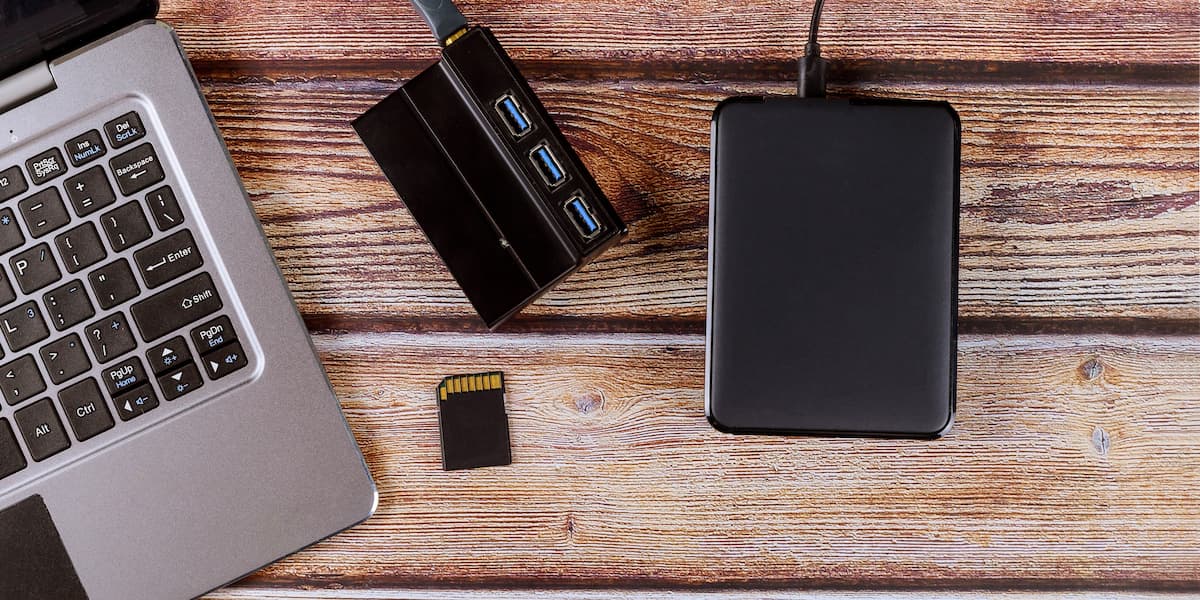
Part 1 - Why Backups Matter - Secure Your Data with Smart Strategies
What is a Backup?
A backup is simply a copy of your data stored in a separate location from the original. This can be on an external drive, a second hard drive in your computer, or in the cloud. Backups give you peace of mind, knowing your data is safe if your device is lost, damaged, or compromised.
Why Do You Need Backups?
Here are some common scenarios where a backup could save you:
Accidental Deletion:
Ever deleted a file and realized you needed it back? A backup lets you recover it.Hardware Failure:
Hard drives and computers can fail without warning. A backup ensures your data isn’t lost.Viruses or Ransomware:
Malware can corrupt your files or make them inaccessible. A backup gives you a clean copy to restore.Natural Disasters:
Fire, floods, or other disasters can destroy your devices, but backups stored elsewhere keep your data safe.
The 3-2-1 Rule of Backups
To create a reliable backup strategy, follow the 3-2-1 rule:
3 Copies of Your Data:
Keep one primary copy and two backups.2 Different Storage Types:
Use two types of storage, such as an external drive and cloud storage.1 Copy Stored Offsite:
Keep one backup in a separate location, like a cloud service or a trusted friend’s house.
Options for Backups
Here’s a breakdown of popular backup solutions:
1. External Hard Drives
- Simple to set up and cost-effective.
- Great for storing large files, like photos and videos.
- Keep it disconnected when not in use to protect against malware.
2. Cloud Storage
- Accessible from anywhere with an internet connection.
- Automatically syncs and backs up your files.
- Services like Google Drive, Dropbox, and OneDrive offer secure storage with encryption.
3. Network Attached Storage (NAS)
- A NAS device allows you to back up multiple devices in your home or office.
- Provides high storage capacity and remote access.
- Great for small businesses or households with several computers.
What Should You Back Up?
Not every file needs to be backed up, but here are the essentials:
- Personal documents (e.g., taxes, contracts, ID scans)
- Photos and videos
- Important emails or correspondence
- Critical business files
- Password managers or encryption keys
How Often Should You Back Up?
Regularly backing up your data ensures you always have a recent version. Here are some guidelines:
Daily Backups:
For important, frequently changing files.Weekly Backups:
For general use.Monthly Backups:
For archives or less critical files.
Common Backup Mistakes to Avoid
Only One Backup Location:
Relying on one backup is risky. Always have a secondary backup.Not Testing Your Backups:
Make sure your backup system is working by restoring a file to check its integrity.Ignoring Security:
Secure your backups with strong passwords and encryption, especially for sensitive data.
Backups aren’t just for tech enthusiasts—they’re essential for anyone who values their data. With the right backup strategy, you can ensure your important files are safe and accessible, no matter what happens.
